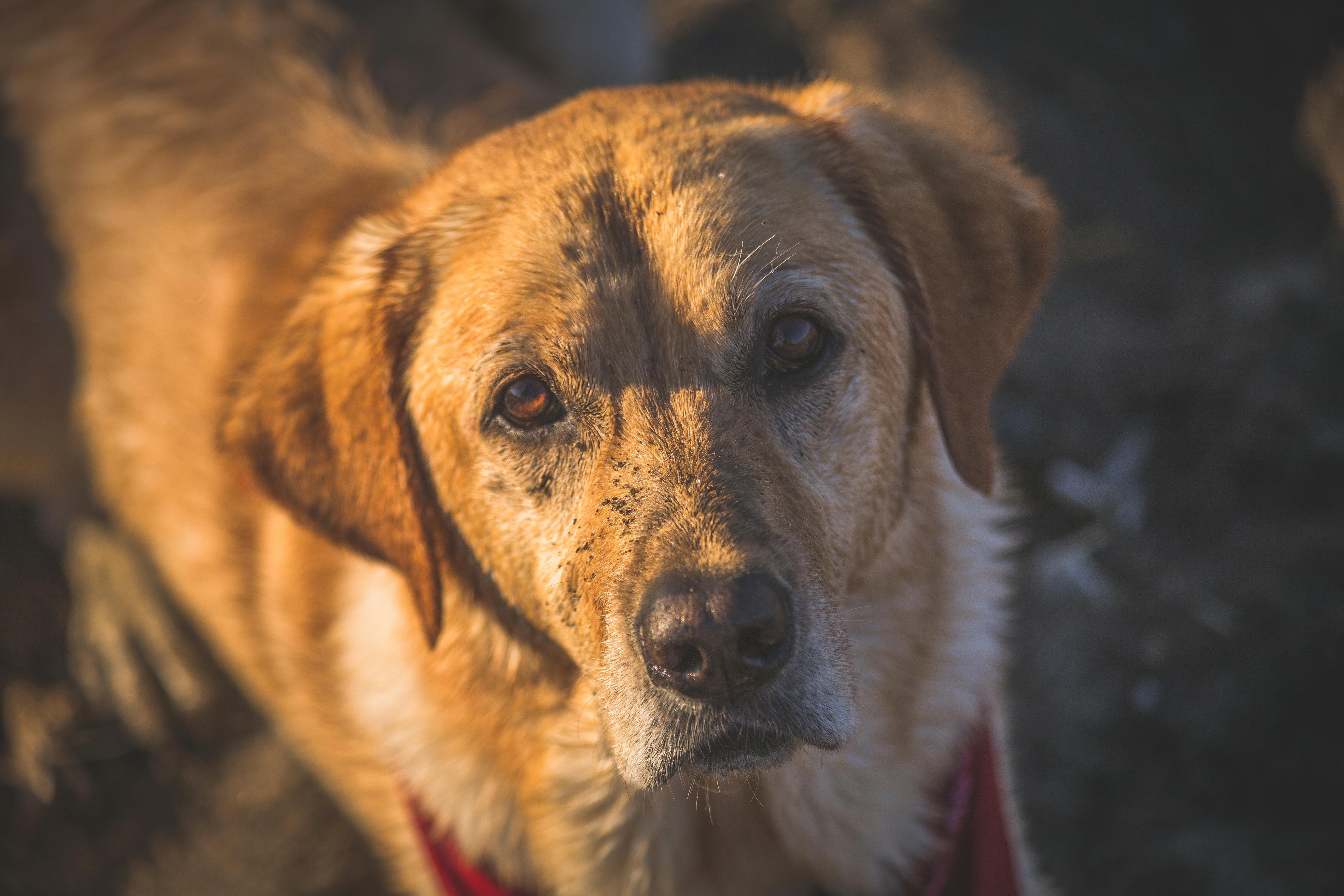The infamous “little dog syndrome” appears often in my line of work. I hear it from vets, rescue groups, and countless clients. Everyone agrees that small dogs have a “Napoleon” complex. People often ask me if it is possible to prevent a small dog from barking, jumping, urinating in the house, biting people, etc. My answer is a resounding yes. The “small dog syndrome” does not originate in the dog’s genetics, it comes from the owners, not the dog. How is this possible, you might ask? I answer this with a series of hypothetical situations.
What would you do if your German Shepherd growled when your neighbor comes over? He would correct him, lock him up, call a coach or at least worry a lot. This is a dominant protective behavior that needs to be addressed and you would do something. What would you do if your cute Yorkie cup of tea growled at the same neighbor? He would probably ignore it, pick it up, or start making excuses for it. He’s scared, he thinks he’s a big dog, don’t worry about him, he doesn’t bark or bite. Sounds familiar? Ignoring it teaches that the behavior is acceptable, picking it up also shows that you approve of it and puts it in a more dominant position, and making excuses only convinces you that nothing can be done.
Jumping is a common behavior in dogs and is one of the ways they dominate humans. Not every time a dog jumps is dominance, but generally the taller a dog is, especially in a human body, the more dominating it feels. What would you do if your Rottweiler constantly jumps on you? Kneel him down? Correct by hand? Call a coach? The point is, you would do something. What would you do if your Maltese constantly jumps on you? Pet him every time? Tell everyone “this is how you say hello”? Ignore it? Either of those options runs the risk of the dog becoming more dominant with each passing day.
Another question I ask is “How important would you give your dog’s leash training?” Owners of large dogs (German Shepherds, Rottweilers, Pit Bulls, Mastiffs, etc.) generally say that leash training is very important to them. Small breed owners (Yorkies, Chihuahuas, Miniature Pinchers, etc.) generally don’t find proper leash training as important for two main reasons. Usually the reasons are that it doesn’t matter if they pull because they are too small or if they don’t walk much because they don’t need a lot of exercise. This is a big problem in domestic dogs, as most of the time in new areas they tend to be on a leash. A proper walk with a dog is a time to establish dominance and control. When a pack travels, the leader is in front. Teaching a dog to “follow” you is the process of teaching him to follow you. If your dog follows you mentally and physically during a walk, he is much less likely to bark or pounce on new people or animals. If your dog takes him into an aroused dominant state, he is much more likely to bark and pounce on new things. After an hour’s walk, a dog that walked in a submissive state will return home feeling submissive. A dog that spends an hour pulling on its owner while feeling dominant and excited will likely return home still feeling dominant. Twenty minutes later, when the neighbor dog walks past your window, which of these dogs do you think is barking?
When we allow our dog to live in a very dominant state day after day, it is only a matter of time before a new problem arises. A calm, well socialized and submissive dog will go to the vet and will probably be examined without any problems. If something scares you or hurts you a little, you will usually ignore it, try to get out of the situation, or growl softly to let you know that you are not comfortable with what is happening. A very dominant dog that has been allowed to pull on the leash, bark and lash out at people and dogs, and jump on everyone is much more likely to strike out suddenly. He is being teased and is willing to bite to stop what he does not like.
All of this is meant to show you that little dogs have nothing wrong with them. Small dogs do not know that they are small. They have the same instincts as large dogs. We need to learn as human beings that WE are both the cause and the solution to “Little Dog Syndrome.” When you live with a small dog, the best question to ask yourself on a daily basis is “Would I let my Rottweiler do this?” If the answer is no, then you must do something.
Watch the following video showing a small dog that developed aggression
http://www.youtube.com/watch?v=TmUlbZGniG4



